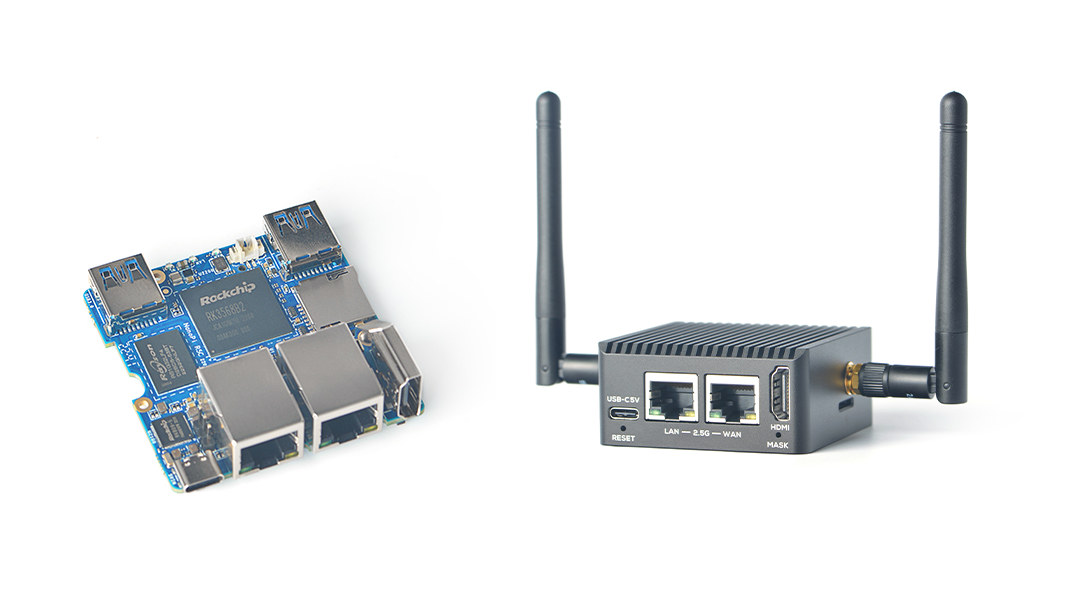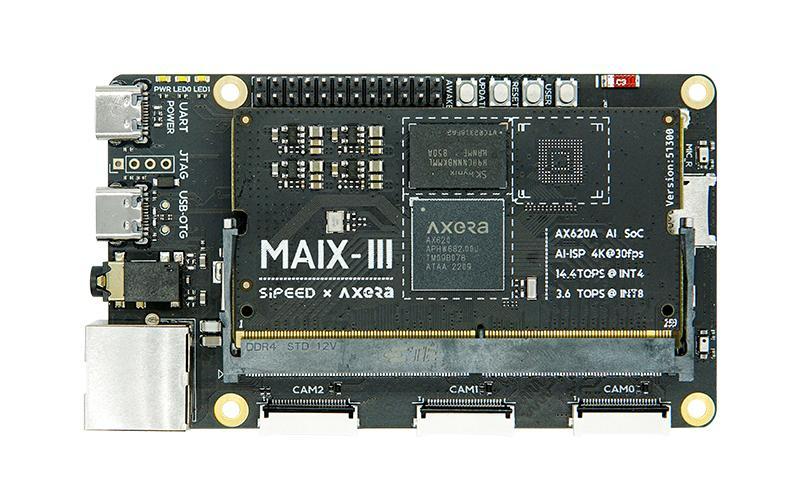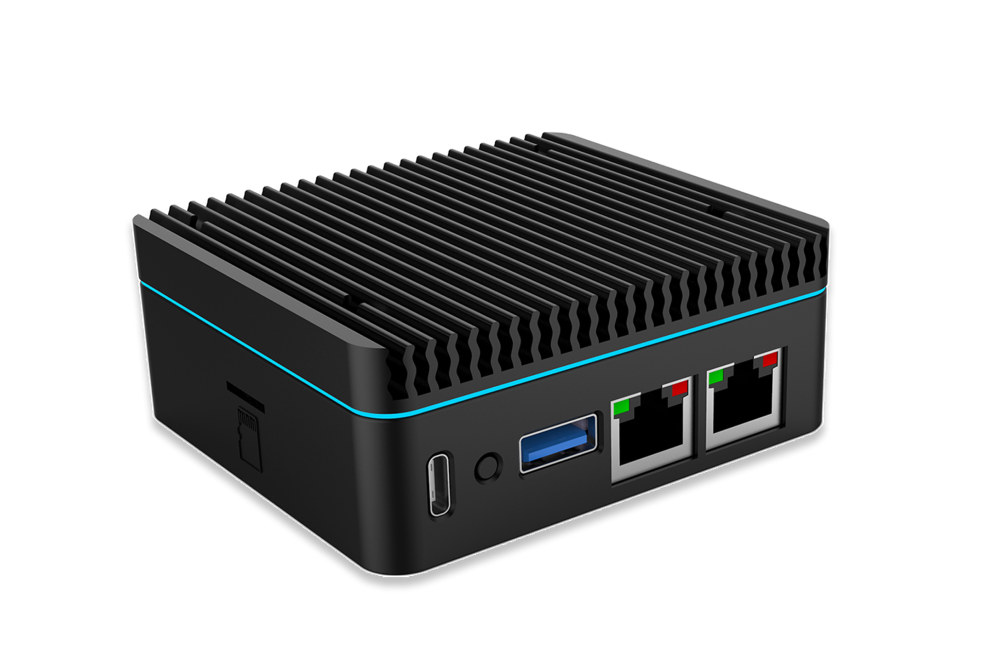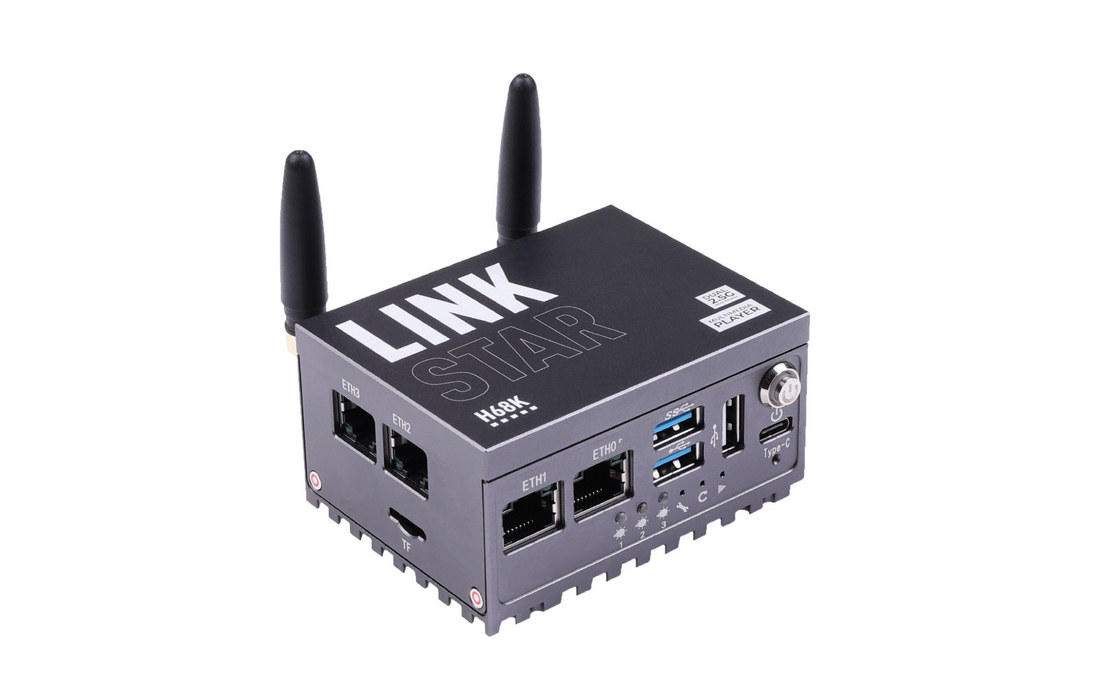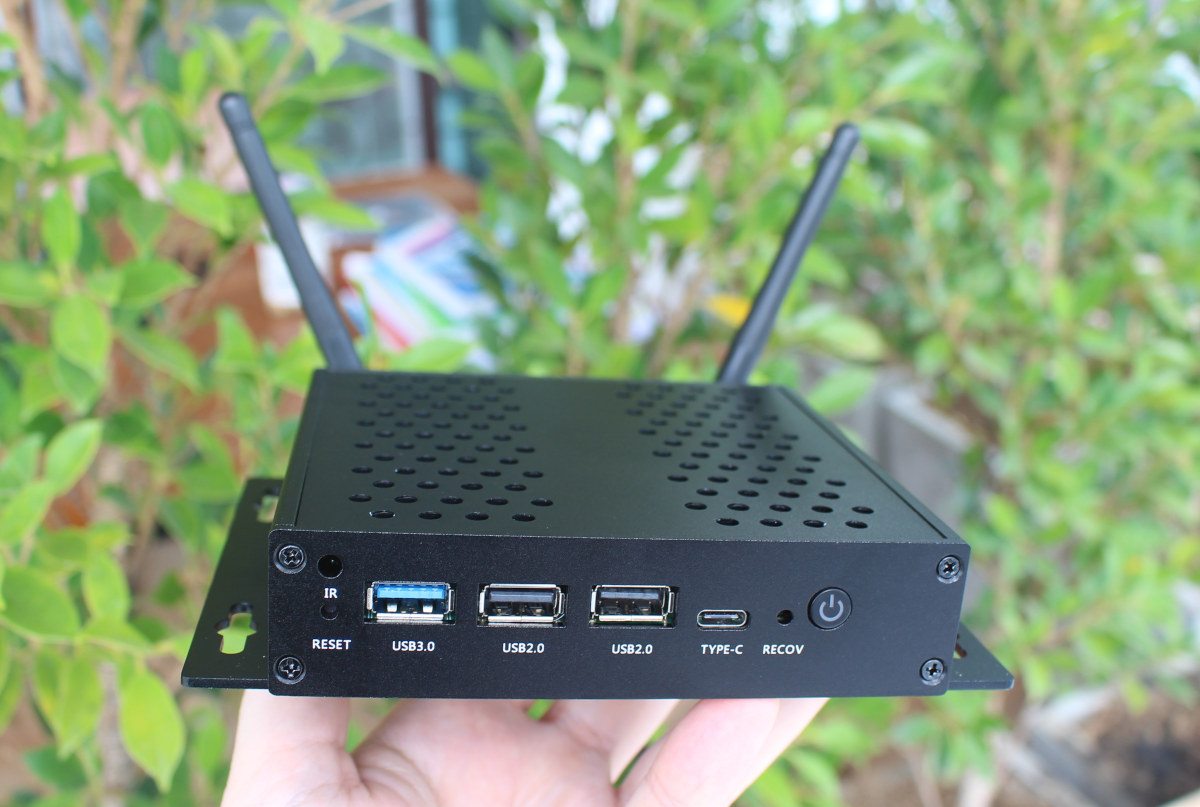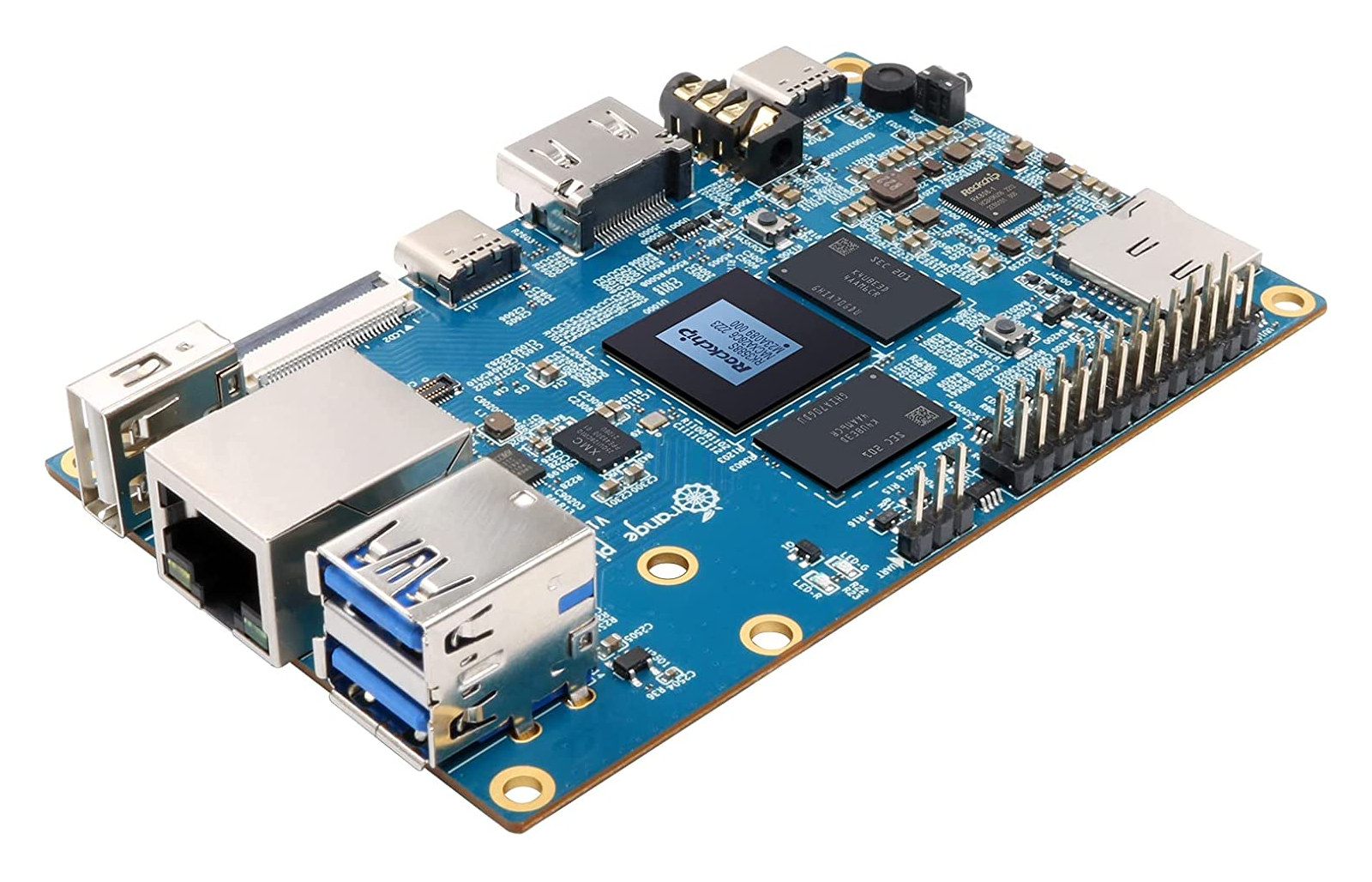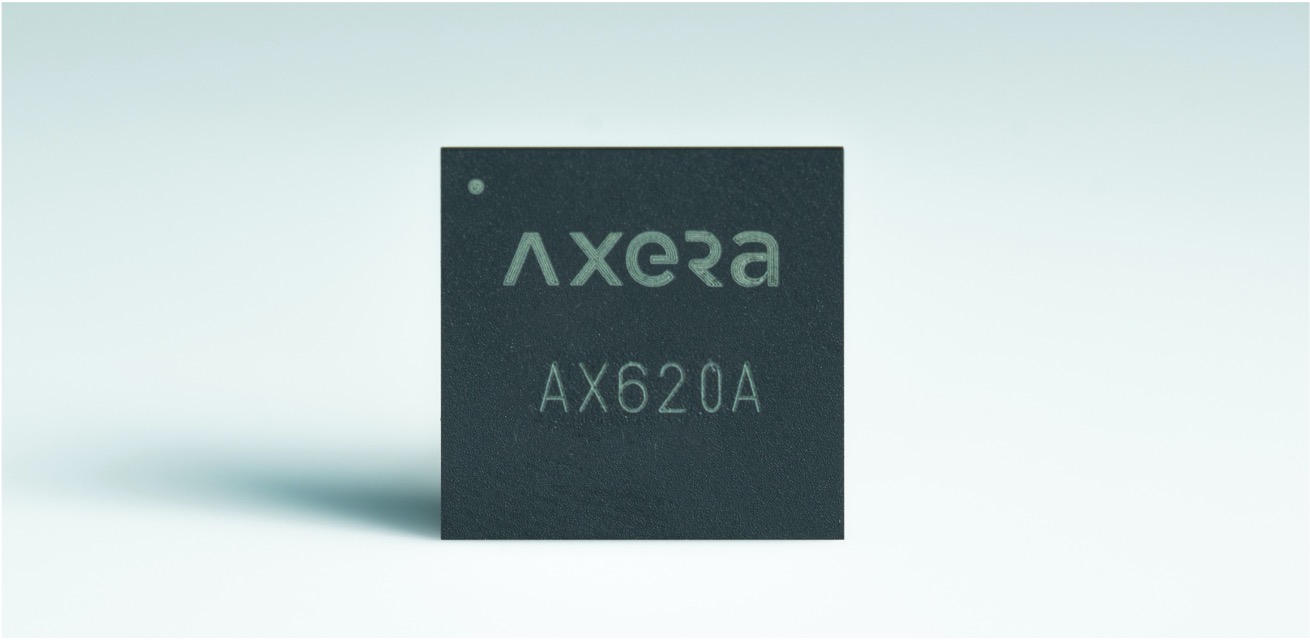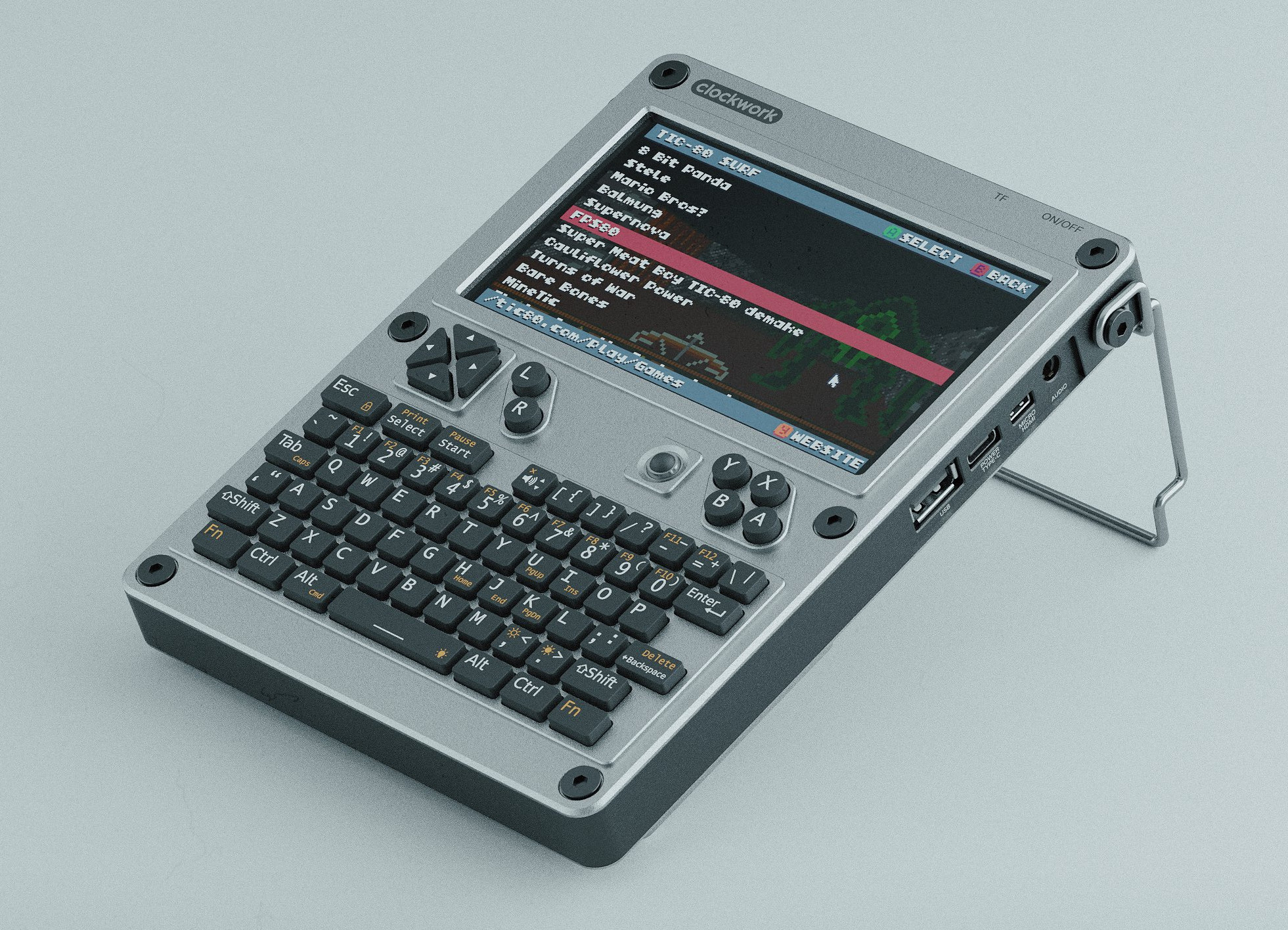FriendlyElec NanoPi R5C is a smaller version of the NanoPi R5S router with the same Rockchip RK3568 processor, but only two 2.5GbE ports and support for an internal M.2 WiFi and Bluetooth module, instead of just USB dongles for the earlier NanoPi R-series routers. The mini router can also be used as a mini PC thanks to a built-in HDMI 2.0 video output port and two USB 3.2 ports and is offered in two versions with either 1GB RAM and 8GB eMMC flash, or 4GB RAM and 32GB storage for just $10 more. NanoPi R5C specifications: SoC – Rockchip RK3568B2 quad-core Cortex-A55 processor @ up to 2.0 GHz with Arm Mali-G52 MP2 GPU, 0.8 TOPS AI accelerator, 4Kp60 H.265/H.264/VP9 video decoder, 1080p60 H.264/H.265 video encoder System Memory & Storage 1GB LPDDR4X and 8GB eMMC flash or 4GB LPDDR4X and 32GB eMMC flash MicroSD card socket Video Output – 1x HDMI […]
Sipeed Maix-III devkit features AXERA AX620A SoC for AI vision applications
Sipeed Maix-III development kit is composed of a core board equipped with AXERA AX620A AI processor and a carrier board exposing several interfaces such as Ethernet, USB, and camera connectors. resources. As noted in our earlier article about the AXERA AX620A chip, it is a quad-core Arm Cortex-A7 chip with an NPU offering a maximum of 14.4 TOPS @ INT4 or 3.6TOPSs @ INT8, and as such, this development board mainly targets AI vision applications. The board is an upgrade to the earlier Speed Maix II with an Allwinner V831 processor. Thanks to the low power consumption of the AXERA AX620A SoC, the Sipeed Maix-III board can be powered directly through its USB port as the system consumers 5W (5V@1A) with the carrier board, the system-on-module, WiFi, Ethernet, a camera, and a 5-inch display. Using the display does not require am additional heatsink or fan, nor does it require an […]
Radxa E25 modular 2.5GbE router supports WiFi 6 and 4G/5G cellular connectivity
Radxa E25 is a modular router with two 2.5GbE ports based on the Radxa CM3 Industrial (CM3I) system-on-module equipped with a Rockchip RK3568 quad-core Cortex-A55 processor, and optional support for WiFi 6 and 4G or 5G cellular connectivity. I got an early sample of the Radxa E25 carrier board in January, but the company has now refined the design with version 1.4 of the board and will launch the Radxa E25 as a complete router with an enclosure similar to NanoPi R5S and LinkStar H68K we’ve covered previously. Radxa E25 specifications: SoM – Radxa CM3I with Rockchip RK3568 quad-core Cortex-A55 processor @ 2.0 GHz with Arm Mali-G52, up to 8GB RAM, up to 128GB eMMC flash (250MB/s max), optional WiFi and Bluetooth Storage – MicroSD card socket, M.2 SATA 2242 SSD (multiplexed with 4G) Networking 2x 2.5GbE ports via Realtek RTL8125B 2.5 Gbps Ethernet transceiver (Tested by Radxa at 2.2 […]
LinkStar H68K – A Rockchip RK3568 “multimedia” router with dual 2.5GbE, dual Gigabit Ethernet, WiFi 6
Linkstar H68K is a Rockchip RK3568 multimedia router with two 2.5GbE ports, two Gigabit Ethernet ports, an optional WiFi 6 and Bluetooth 5.2 module, a few USB ports, and an HDMI 2.1 port supporting up to 4Kp60. Rockchip RK3568 was initially introduced as a solution for NVRs, but I’ve yet to see any, Instead, we’ve gotten some SBCs and mini PCs, as well as several routers such as NanoPi R5S, FastRhino R68s, and the upcoming Radxa E25 that will be announced next week. Linkstar H68K specifications: SoC – Rockchip RK3568 quad-core Cortex-A55 processor @ up to 2.0 GHz with Arm Mali-G52 MP2 GPU, 0.8 TOPS AI accelerator, 4Kp60 H.265/H.264/VP9 video decoder, 1080p60 H.264/H.265 video encoder System Memory – 4GB LPDDR4X Storage 32GB eMMC flash MicroSD card socket Video Output – 1x HDMI 2.1 port up to 4Kp60 Audio – 3.5mm audio jack, digital audio via HDMI Networking 2x 2.5GbE RJ45 […]
Giveaway Week – Mekotronics R58 mini PC
Let’s end Giveaway Week 2022 with a bang, and more exactly a rather powerful Rockchip RK3588 mini PC: Mekotronics R58 (mini). The device comes with 8GB RAM and 64GB flash storage, two 8K capable HDMI 2.0 output ports, one DisplayPort output, one HDMI input, Gigabit Ethernet and WiFI 6 connectivity, as well as a few USB 3.0/2.0 ports, plus support for a SATA drive. I reviewed the Rockchip RK3588 mini PC with Android 12 last July, and I was impressed by the CPU and GPU performance, 4K video playback capabilities, except for AV1 which was not stable at the time, and support for HDMI audio passthrough. Android 12 was quite stable at that early stage as well. Some downsides included the lack of a useful HDMI input app and USB 3.0 performance that could be improved. I always test samples before adding them to the giveaway, and I initially thought […]
Orange Pi 5 Rockchip RK3588S SBC launched for $60 and up
Orange Pi 5 (LTS) is a single board computer powered by Rockchip RK3588S cost-down octa-core Cortex-A76/A55 processor that offers one of the best cost/performance ratios on the market with pre-order pricing starting at just $60. The SBC was initially unveiled with up to 32GB RAM and 32GB eMMC flash, but at launch, Shenzhen Xunlong Software offers models with 4GB and 8GB RAM, and no flash storage. The board supports dual 8K display setups thanks to HDMI 2.1 and DisplayPort 1.4 Type-C video outputs and also features up to two MIPI DSI display interfaces, three camera interfaces, Gigabit Ethernet, and WiFi 6 connectivity, and a few USB ports plus a GPIO header. Orange Pi 5 LTS specifications: SoC – Rockchip RK3588S octa-core processor with 4x Cortex-A76 cores @ up to 2.4 GHz, 4x Cortex-A55 cores @ up to 1.8 GHz, Arm Mali-G610 MP4 GPU, 6 TOPS AI accelerator System Memory – […]
AXERA AX620A 4K AI SoC delivers up to 14.4 TOPS for computer vision applications
AXERA AX620A is a high-performance, low-power AI SoC with a quad-core Arm Cortex-A7 processor and a 14.4TOPs @ INT4 or 3.6TOPs @ INT8’s NPU that is slightly inferior to the Amlogic A311D, and mainly used for AI vision applications. With high computing power and built-in image processing capabilities, the AX620A can support a wide range of AI workloads. It also offers low power consumption with low standby power and fast wake-up, so the chip can be integrated into battery-powered products. AXERA AX620A specifications: CPU – Quad-core Arm Cortex-A7 @ 1.0 GHz with 32KB L1 I-cache + 32KB L1 D-cache per core, 256KB L2 cache, FPU and NEON NPU – 14.4 TOPS @ INT4, 3.6 TOPS @ INT8 with support for Imagenet, AlexNet, VGG, ResNet, GoogLeNet, Faster R-CNN, SSD, FPN, Yolo V3, and other neural networks. ISP Proton AI-ISP up to 4Kp30 4 channels of camera support up to 4x 1080p30 Support […]
uConsole is a modular Arm or RISC-V handheld computer with optional 4G connectivity
Clockwork’s uConsole is a modular handheld computer with a 5-inch display, a built-in keyboard, and based on a carrier board supporting various Arm or RISC-V modules compatible with the Raspberry Pi CM3 or CM4 form factors. The device is offered with a system-on-module with up to 4GB RAM, a WiFi 5 and Bluetooth 5.0 wireless module, features micro HDMI video output, USB ports, and an audio jack, plus expansion connectors for more advanced users, and takes two 18650 batteries for power. The company also offers a 4G LTE module for cellular connectivity. The mainboard, called ClockworkPi v3.14 revision 5, offers the following: System-on-module socket – 200-pin DDR2 SODIMM socket compatible with Raspberry Pi CM3 and, through an adapter, Raspberry Pi CM4 and compatible modules Storage – MicroSD card socket Video Interfaces 40-pin MIPI DSI connector micro HDMI interface for external display Audio – 3.5mm audio jack with headphone and microphone […]


